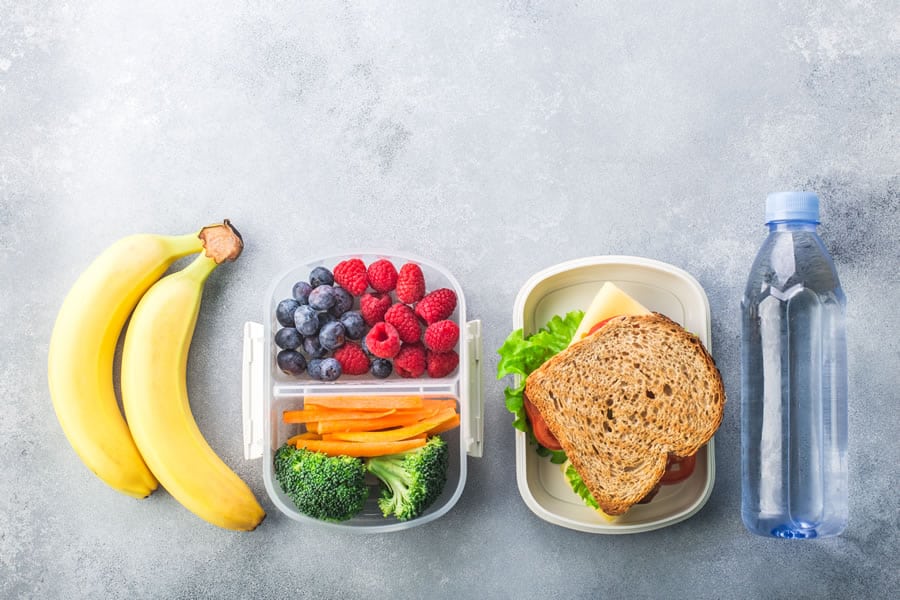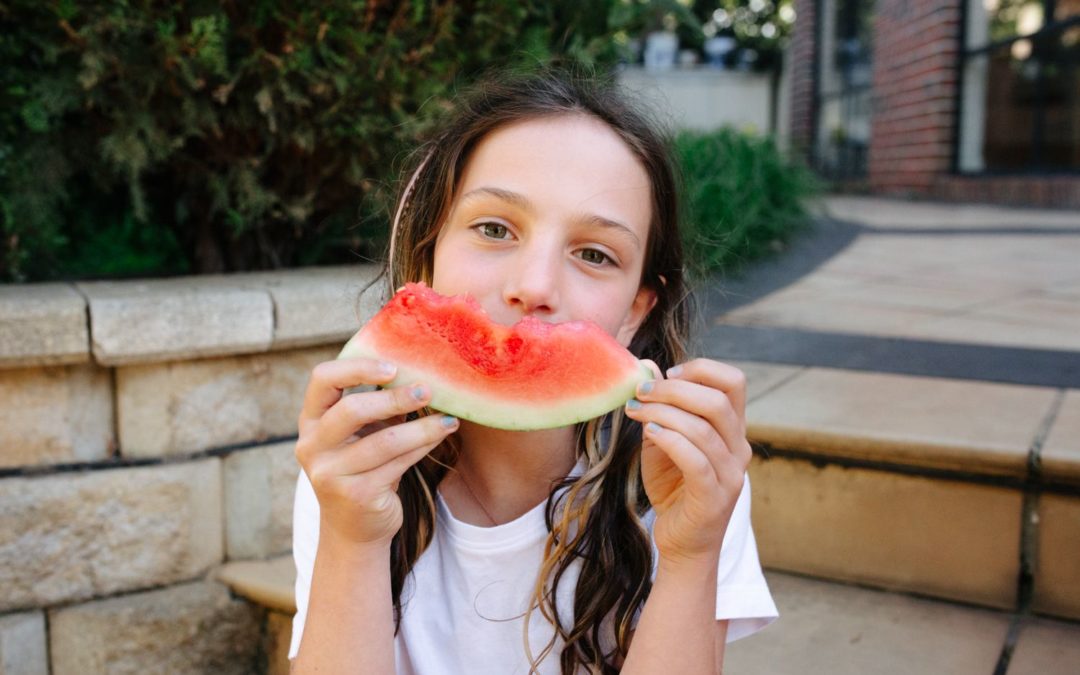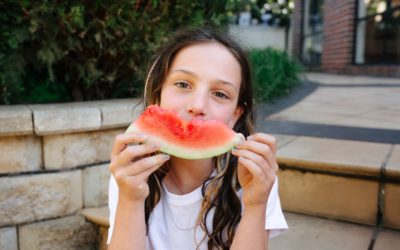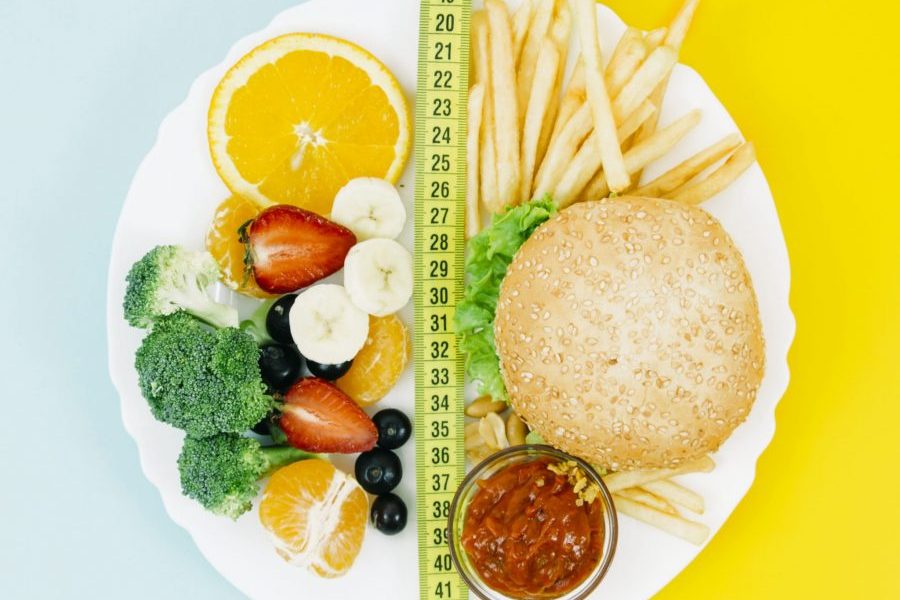A question I am often asked from parents, from fellow nutritionists and dietitians and from educators is “but if we don’t teach them what foods are healthy everyday and sometimes foods then how will children eat more of the foods we want them to eat?”
We all want our children to be healthy and happy both now and in the future. And how great would it be if we could just tell them to be happy and tell them that veggies were healthy and they would suddenly be happy and healthy for life. Sadly, health and happiness is far more complicated than that and it is actually impossible to be completely happy and perfectly healthy all the time. As parents and educators, we need to teach our children the tools they need to navigate this world as they grow.
Nutrition is adult’s business
Young children are concrete thinkers. And nutrition is abstract. You cannot see, taste or touch nutrients in food. You experience food. When we say things like “that’s a sometimes food” or “too much sugar is bad” or “carrots are good for our eyes” these are abstract because how often is sometimes? Why are some muffins sometimes foods and others everyday? And what is too much? What will happen to me if I eat too much? Am I bad if I eat sugar? I didn’t eat carrots today, will I go blind? Because nutrition is abstract, it is very difficult for those concrete minds to understand. And whilst they might be able to regurgitate the knowledge, that does not equal learning.
Toward the end of primary school and start of high school children become much more abstract thinkers and so more nutrition can be introduced. In younger children, let them experience food rather than preach confusing nutrition. Experiencing food can include cooking, gardening, touching without eating, reading books, watching you eat something, talking about the colour and texture of food, helping with shopping or using celery as a paint brush. We have to be careful that nutrition doesn’t take the enjoyment out of eating.
Not preaching nutrition, doesn’t mean we don’t care about it. What you choose to serve as the parent or carer is your job. So nutrition is your job. Remember food is more than nutrients, and we eat for all different reasons, but nutrition is adults business.
Actions and experiences speak louder than words
Just because we don’t preach nutrition, doesn’t mean are not teaching it. We are showing them nutrition every single time we serve food. We are teaching balance and variety in the foods we serve, in the foods that fill our fridge and pantry and in the foods we role model eating.
Eating is more than nutrition. We are also showing our children, how we eat, in what environment and how we talk about food. If we cook with them or even if they just watch up cook, they are seeing how food is prepared. They might go to friend’s houses and eat different foods there. This is all adding to their food knowledge and understanding.
It’s a partnership
Parents provide, children decide. Parents choose what foods to serve, then children choose from what is on offer, Sticking to your role, can be tricky. Be considerate but not catered (Ellyn Satter) which means we make sure there is an accepted food as part of the mix but we are not short order cooks. After we provide the food, we need to trust our children to listen to their bodies and choose what and how much to eat. Remember children are hungrier on some meals and days and less on others.
As parents and carers, as we are the ones responsible for what is on offer, nutrition is therefore our responsibility. It is not fair or developmentally appropriate to push that responsibility onto our young children.
If we are trying to help our children increase their accepted foods, eat with them and role model (without pressure). Exploring foods to build familiarity can also be done outside of the table through cooking, gardening, books, crafts and helping with the shopping. Talk about food more than nutrients, how we cook it, what flavours we might add to make it more appealing and how food often changes textures when we cook it.
A delicate dance of balance
We don’t just eat for nutrition. Budget, dietary needs, time, values, enjoyment and so much more all play a role in food choice. We want to teach our children balance and variety in food, not just nutrition. Because nutrition is only past of the reason we choose foods. We share the eating journey with our children. A good relationship with all foods, knowing how to prepare food and having positive mealtimes experiences will set our children up for life.
If you are looking for more guidance and support in feeding the children in your care, take a look at Positive Food Education here,










